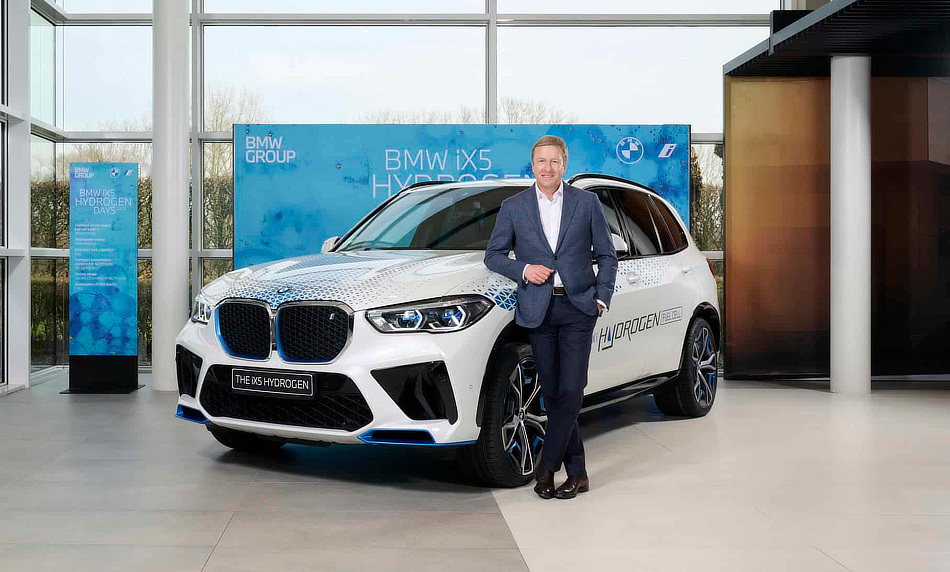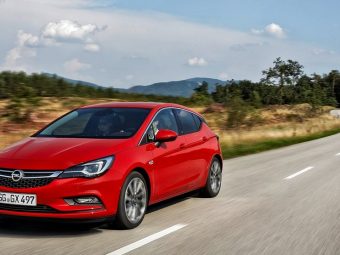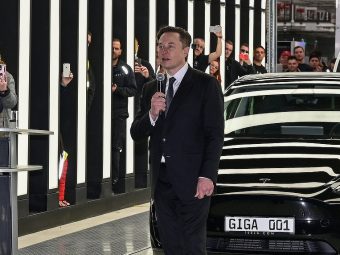BMW CEO Oliver Zipse didn’t exactly admit it, but the truth is obvious to anyone paying attention: nobody wants hydrogen fuel cell cars. The Headlines spun his comments into a narrative about Germany “falling behind” in the hydrogen race, but that’s political theatre. There is no race—just a hollow market—and BMW is chasing a mirage.
For over 30 years, BMW has tinkered with hydrogen technology. You’d think by now, someone would bite. But BMW remains trapped in “almost there” limbo, endlessly promising a breakthrough that never materialises.
The numbers tell the real story. Across the EU’s 27 countries, there are 111,329 petrol stations, 900,000 EV superchargers, and a meagre 294 hydrogen refuelling stations. The infrastructure isn’t missing—it’s nonexistent. Demand? Practically zero. Yet BMW persists. Why?
Because this isn’t about saving the planet. It’s about leveraging the climate crisis to line corporate coffers. BMW’s hydrogen strategy is a cold, calculated play for government subsidies, grants, and taxpayer money. The environmental pitch is just window dressing—greenwashing for politicians willing to pour money into an unprofitable experiment.
So when Zipse laments that Germany is “falling behind” in the hydrogen race, he’s not reporting a market failure. It’s a howling wolf cry to Brussels and Berlin, demanding more funding to prop up a program that exists for one reason: profit, not planet.







